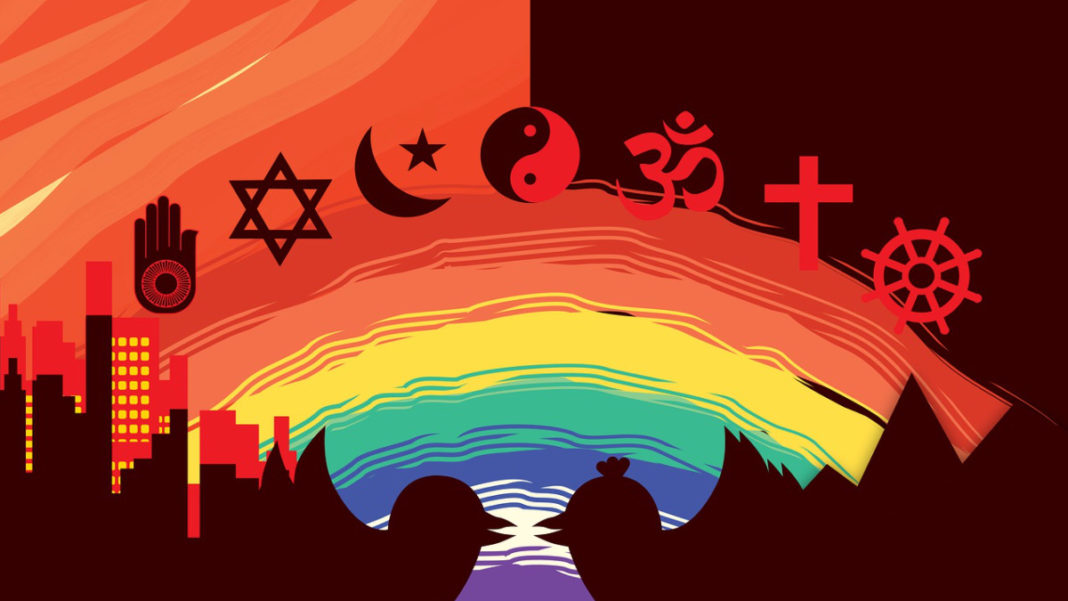SPAIN: In the 21st century, the concept of the absoluteness of a single religion or single culture is unacceptable as we live in an era of diversity, and today’s societies are multicultural ones, including the Spanish one, where we can witness glimmers of religious diversity.
Out of 34 European nations, Spain ranked 16th in terms of religiosity, as per the Pew Research Centre. Contrary to the 5% European norm, only 3% of Spaniards list religion as one of their top three values.
Spain, a country with an abundance of churches, religious symbols, festivals, and feast days even in its smallest villages, is considered a predominantly Catholic nation and is assumed to be a very religious country from an outsider’s perspective. But despite its strong ties to Catholicism, homosexual marriage and abortion are both legal in Spain, showing that the country’s religious approach is not as straightforward as it looks at first glance.
According to the latest surveys, Spain’s populace is significantly shifting towards more relaxed spiritual beliefs. For instance, the Spanish Centre for Sociological Research said that, as of December 2022, 56.4% of Spanish citizens self-identify as Catholics (of whom 37.7% say they do not practise and 18.7% say they do), 2.8% identify as adherents of other faiths (such as Islam, Protestant Christianity, Buddhism, Hinduism, etc.), and 39.3% say they are atheists (15.1%), agnostics (11.5%), or non-believers (12.7%).
Additionally, Spain boasts a small but substantial number of religious spots of worship for Islam, Hinduism, Judaism, Protestantism, and many more.
Here is everything you need to know about the diverse religion of Spain
Catholicism
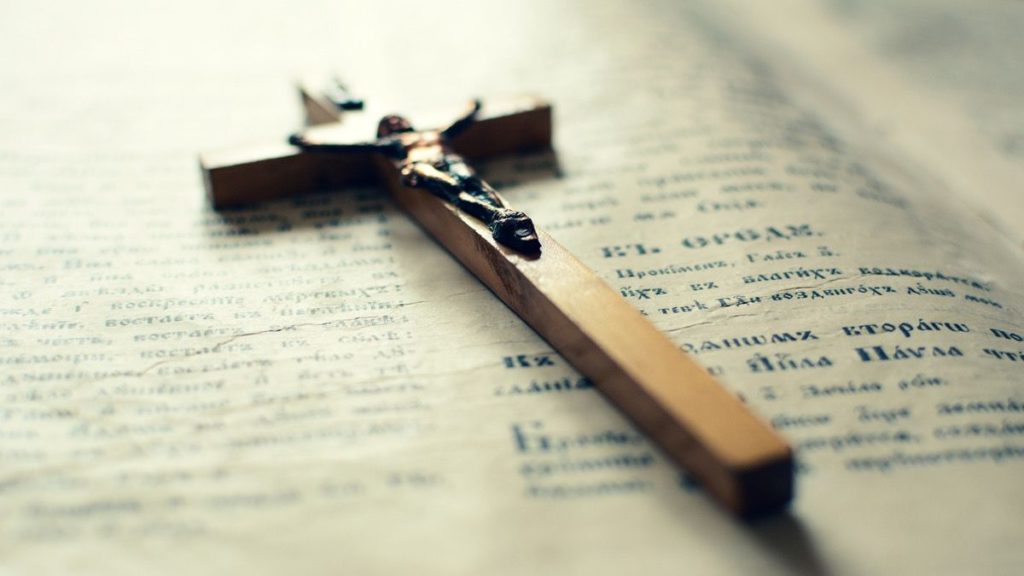
Though there is no official religion in Spain, Catholicism is the most dominant religion, as it was the mandated religion in the nation between 1939 and 1975 under Francisco Franco’s dictatorship.
Although most Spaniards identify as Catholics, newer generations tend to disregard the church’s moral teachings on topics like homosexuality, premarital sex, same-sex marriage, and contraception.
Spain was historically much more diverse in the 15th century than today. Still, the country’s traditionally and predominately Catholic spiritual demography is slowly changing due to immigration, globalisation, and opening up to other cultures and viewpoints.
In modern Spain, the populace—rather notoriously—doesn’t regularly participate in religious services. A large portion doesn’t go to Mass, and the younger generation, on average, has ignored church stances on matters like premarital sex or sexual orientation. The Roman Catholic customs still greatly influence their value system, though.
Many forms of popular religiosity continue to flourish and are frequently connected to regional festivals. Several examples of Catholic cultural practises that still exist among the citizens are Catholic baptisms and funerals, pilgrimages (like the Way of St. James), holy week processions, patron saints, and many more festivals.
Islam
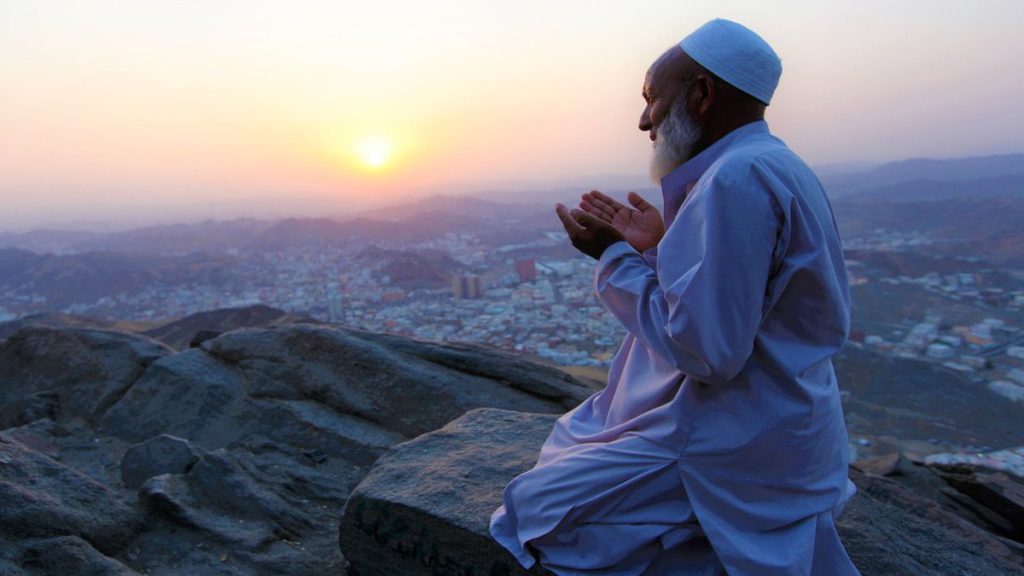
The recent surges of immigration, particularly during and after the 2000s, have escalated the number of Muslims in Spain, making Islam the second-largest religion in the nation. But it is still very far behind Roman Catholicism and irreligion.
Over 2,100,000 people with a Muslim background lived in Spain in 2019, accounting for roughly 4.4% of the country’s total population, says a survey conducted by the Unión de comunidades islámicas de Espaa.
The overwhelming majority comprised immigrants and their descendants from the Maghreb (particularly Morocco) and other African and Arab nations. Nearly 880,000 of them had Spanish nationality, the majority of whom were immigrants who also acquired Spanish citizenship.
Irreligion, Atheism, and Agnosticism
In Spain, the phenomenon of irreligion has existed at least since the 17th century. Atheism, Deism, Agnosticism, and Free Thinking rose to relative popularity (though most of the population remained deeply religious).
Irreligion was not allowed under the Francoist dictatorship (1939–1975), which adhered to the national-catholic ideology of the time. Irreligious people were not allowed to serve in government or publicly express their opinions. Restrictions on irreligion were removed following Spain’s democratic transition (1975–1982).
However, over the last few decades, religious practise in Spain has drastically decreased, while atheism and agnosticism have become more prevalent.
Judaism
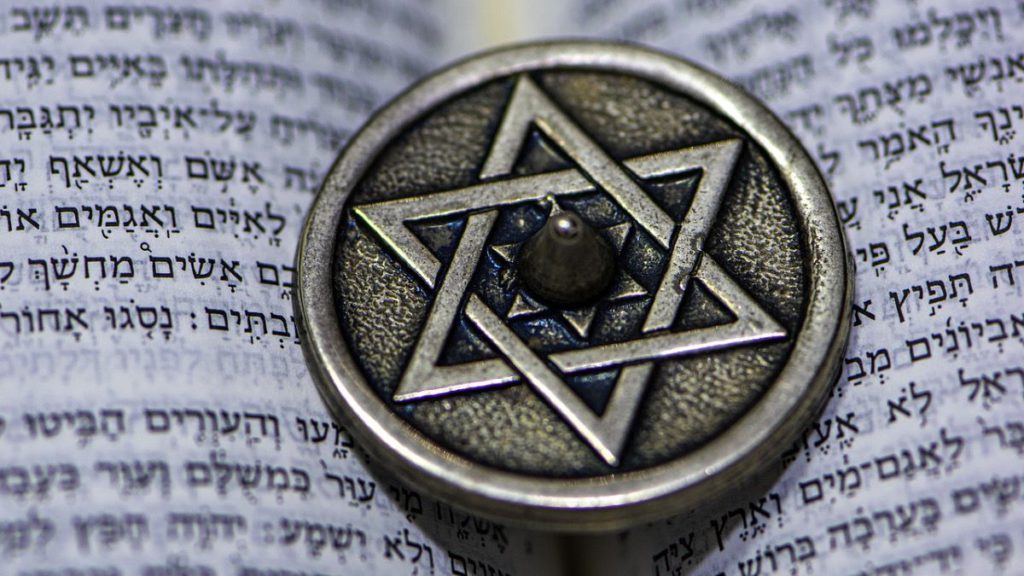
In Spain, Jews comprise less than 0.2% of the total population, somewhere between 13,000 and 50,000 people. They are mainly located in the towns of Barcelona, Madrid, and Malaga. Other significant urban regions across the nation have smaller populations.
Most Jews in Spain are Sephardim, as opposed to Ashkenazim, and the majority follow Orthodox Judaism. A Reform synagogue is located in Oviedo, and there are Reform organisations in most large cities.
Hinduism
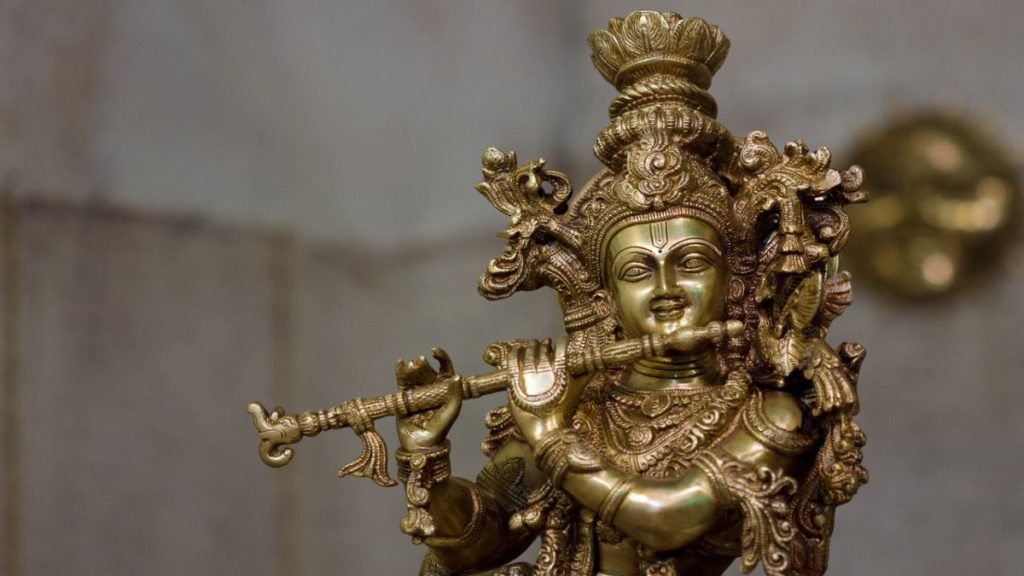
In Spain, Hinduism first arrived in the early 20th century through Sindhi emigrants via the British colony of Gibraltar. There are roughly 40,000–50,000 Hindus in Spain, including around 25,000 from India, 10,000 Spaniards, and 5,000 from Latin America and Eastern Europe. Also, there are tiny communities of Hindus from Bangladesh (about 500) and Nepal (about 200).
Spain is also home to around 40 Hindu temples or sites of worship. The first Hindu temple was completed in the city of Ceuta in 2007. ISKCON Krishna temples can be found in Madrid, Barcelona, Tenerife, Malaga, and Brihuega.
Paganism
In Spain, paganism attracts a minority. The most prevalent paganisms are Wicca, Celtic paganism (and Druidry), and variants of Germanic Heathenism (Spanish: Etenismo).
Early Christians first used the word “paganism” in the fourth century to describe people who followed ethnic religions other than Judaism or polytheism in the Roman Empire. Paganism has been widely connoted as the “religion of the peasantry.”
Taoism
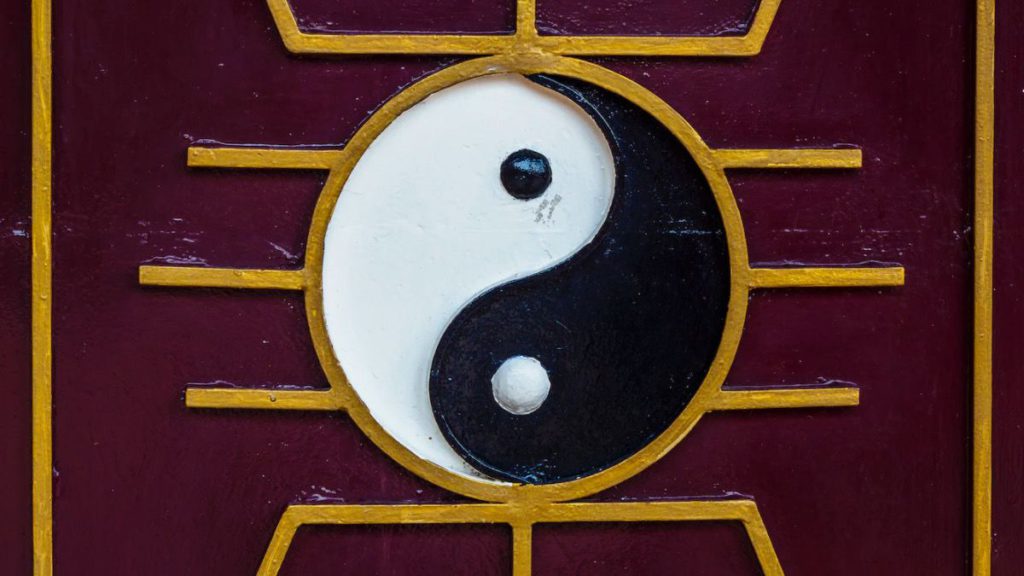
In Spain, particularly Catalonia, a strong presence of Taoism exists. It was first introduced to Spaniards in the 2000s by the Chinese master Tian Chengyang, which resulted in the opening of the Temple of Purity and Silence (Templo de la Pureza y el Silencio) in Barcelona and also the establishment of the Catalan Taoist Association (Asociación de Taosmo de Catalua), both in 2001.
In 2014, another Taoist temple was built by the Barcelona Chinese community. The temple, situated in Sant Martí, was officially opened by the consul of the People’s Republic of China, Qu Chengwu, and enshrines 28 statues of the local deities from the province of China, where the majority of the Chinese in Barcelona hail from.
Buddhism
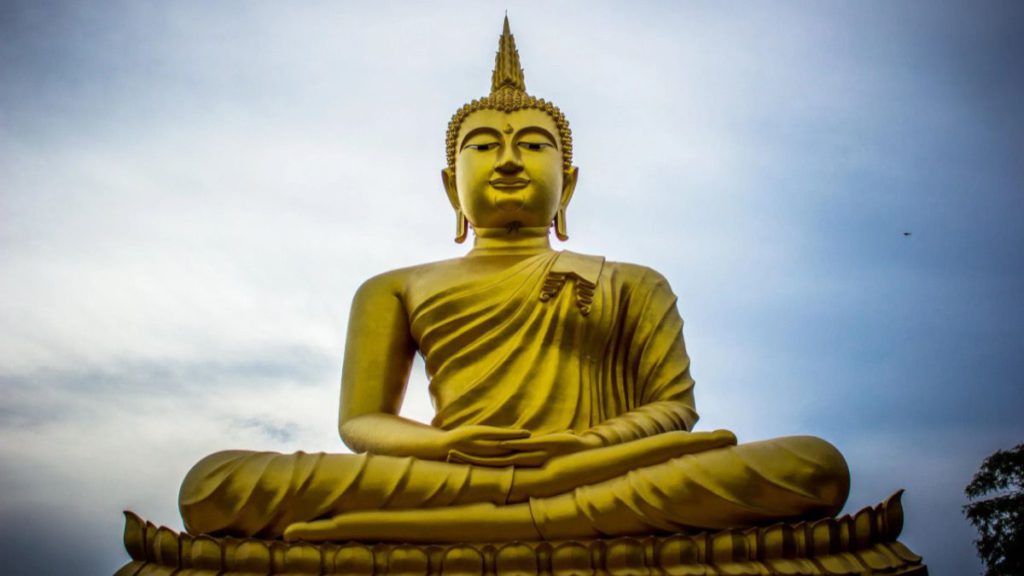
Buddhism wasn’t adopted in Spain until the latter half of the 20th century. As per a 2018 estimate, the number of Buddhist devotees in Spain is somewhere between 90,000 and 300,000 if sympathisers are counted as well. Nearly 300 Buddhist practise centres can be found nationwide.
However, some of its teachings, such as reincarnation or karma, have partly merged with the culture at large through New Age-style movements.

